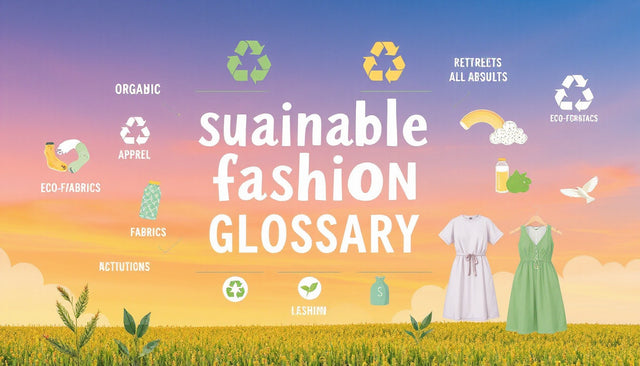A Better Way to Market Sustainable Products: Key Insights from NYU Stern and PwC Research
Consumers value sustainability. They choose eco-friendly options. Yet, product companies face hurdles. They struggle to market these items well and to grow their business. Research from NYU Stern’s Center for Sustainable Business (CSB) and PwC gives clear steps. These steps help marketing leaders boost the appeal, trust, and profit of sustainable items.
The Business Case for Sustainable Products
- Rapid Sales Growth: US point-of-sale data from Circana shows that consumer goods with a sustainability message grew by 12.3% per year from 2019 to 2024. This rate is more than two times higher than that of conventional products.
- Market Share Expansion: In 2024, sustainable items made up almost 24% of overall sales. They touched about 40% of the consumer packaged goods (CPG) market (not including alcohol and tobacco).
- Price Premiums: PwC surveys show that consumers are willing to pay roughly 9.7% more for sustainable items. Market data tells us that sustainable products carry an average premium of 26.6%. Some products, like paper, even top 100%, while coffee, cereal, and chocolate hit around 50%.
Effective Strategies to Market Sustainable Products
1. Understand Your Customer Segments
Consumers who buy sustainable products are often millennials, college graduates, urbanites, or high-income buyers.
Some products, like dairy, appeal to many ages.
Marketers need to focus on the groups that respond best.
2. Connect Sustainability with Core Product Attributes
First, highlight the main benefits of the product—such as taste or performance.
Then, add one or two strong sustainability points.
This approach can raise appeal by about 30 percentage points.
For example, skincare products work best when they link eco-friendly ingredients with better skin health.
3. Prioritize Credible and Valued Sustainability Claims
Strong claims focus on benefits for people: - They protect human health by avoiding harmful ingredients. - They help save money. - They support local farms and food systems. - They protect animals. - They benefit children and future generations. - They use local or renewable sources.
Claims that cite only scientific terms—like biodegradability or climate-neutrality—or rely on packaging details or certifications alone work less well. Certification seals can support claims; they need clear messages to have a strong effect.
4. Ensure Precision and Evidence to Build Trust
Use clear language. Avoid vague words such as “clean,” “natural,” or “safe” because these words may lead to legal challenges.
Watch new rules, such as the EU’s Corporate Sustainability Reporting Directive or the upcoming Green Claims Directive. These rules ask for scientific proof of claims.
Build strong systems for checking the value chain and traceability. This effort backs up claims and meets regulatory standards.
Conclusion
Research from NYU Stern’s CSB and PwC shows that sustainable products matter to consumers. They also yield growth and higher prices. By knowing their customers, linking sustainability with a product’s main features, using trustworthy claims, and offering evidence-based data, marketers can unlock the value of sustainable products.
About the Authors
- Tensie Whelan – Distinguished Professor of Practice at NYU Stern and Founding Director of the Stern Center for Sustainable Business.
- David Linich – Principal at PwC US and expert in decarbonization and sustainable operations.
For businesses and marketing leaders, these insights can boost success in sustainable products and help the environment and society.
Design Delight Studio curates high-impact, authoritative insights into sustainable and organic product trends, helping conscious consumers and innovative brands stay ahead in a fast-evolving green economy.






















0 条评论